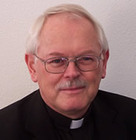
Fr. Rolheiser is president of the Oblate School of Theology in San Antonio, Texas. He has been a priest for 36 years and has worked in spiritual direction at various levels, including teaching it at the graduate level. His books (notably The Shattered Lantern, and The Holy Longing) are popular throughout the English-speaking world and his weekly column is carried by more than seventy newspapers worldwide.
Watch the video below and read my summary and reflection which follows.

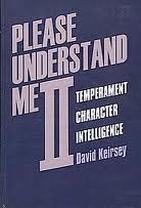
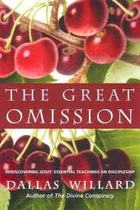
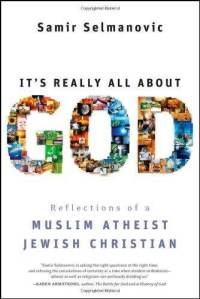
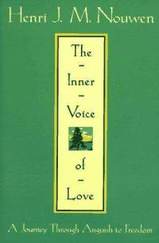

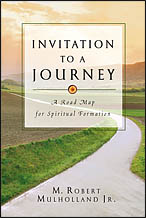
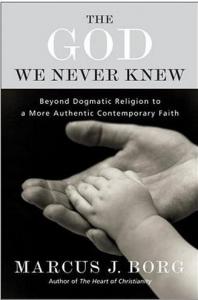
 RSS Feed
RSS Feed
